Creating Ripples of Change in a Sea of Hope
If Education, All Things Are Possible.
“Education is the most powerful weapon which you can use to change the world.”
Nelson Mandela
Projects by Zone.
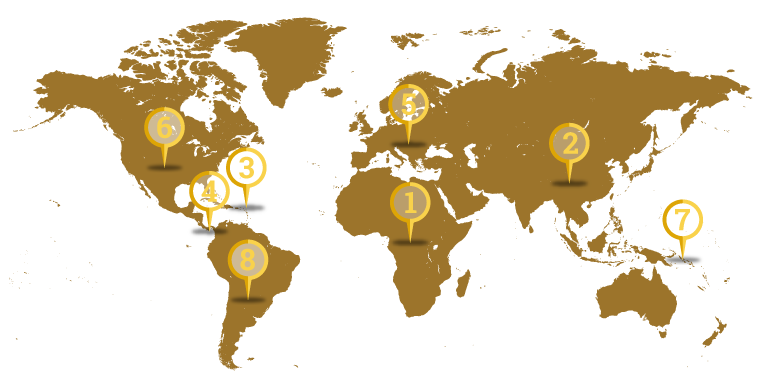
Africa
We have identified numerous educational and training opportunities throughout this desperately poor continent, and are identify partner organizations with educational, training and environmental objectives. We started our first successful and exciting project in Morocco in 2015, and have since expanded to 8 countries, providing resources for impoverished families in rural villages to enable their children to have the required student supplies and pay the small fees to attend government schools.
Asia
There are extremely low English proficiency rankings in many of the ASEAN countries, despite the mandate for English as the working language. Opportunities for students are enhanced in the 12 countries and 40 projects where we have provided bilingual and English textbooks, training manuals, teaching materials and library resources.
Caribbean
Island countries rely primarily on fishing and tourism for their survival, both of which are being threatened by climate change as weather systems are destroying both. Countries already suffering from extreme poverty and natural disasters are desperate for educational and vocational training for survival and opportunities.
Central America
Europe
North America
We have 15 projects in the United States of America that provide education and resources for impoverished communities, victims of abuse and disadvantaged youth in economically depressed communities. Our technology project in computer literacy was designed to teach communication skills for improved quality of life through family connection. In Mexico, we have placed bilingual educational resources for K through 12 for students to learn communication skills for access to opportunities.
Oceania
South America
You Can Cast a Pebble of Change Upon a Sea of Hope and Help Create a Ripple That Makes a Positive Global Impact.
Projects by Zone.
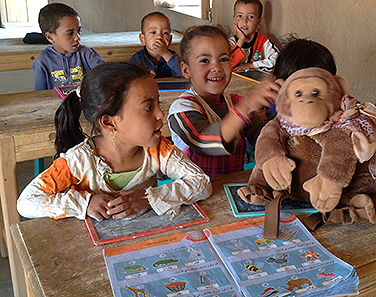
Africa
Lack of access…
Nomadic families constantly on the move struggle with basic needs and minimize education.

Asia
Children at risk…
AIDS orphans, impoverished families and lack of educational resources is typical in poor communities.
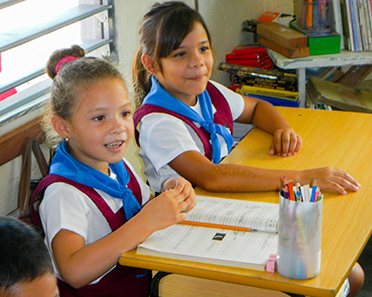
Caribbean
Climate Disasters…
Families suffer from natural disasters that destroy infrastructure and economic opportunities.

Central America
Deforestation and climate change…
Combined with violence and instability, creates hazards in much of this region.
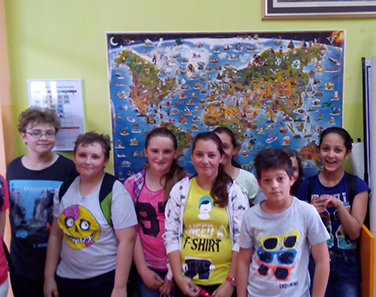
Europe
Economic limitations…
Lack of English literacy in a global economy creates a severe disadvantage in many developing areas.

North America
Limited resources…
Living in a developed country does not guarantee equal access to resources outside metropolitan areas.
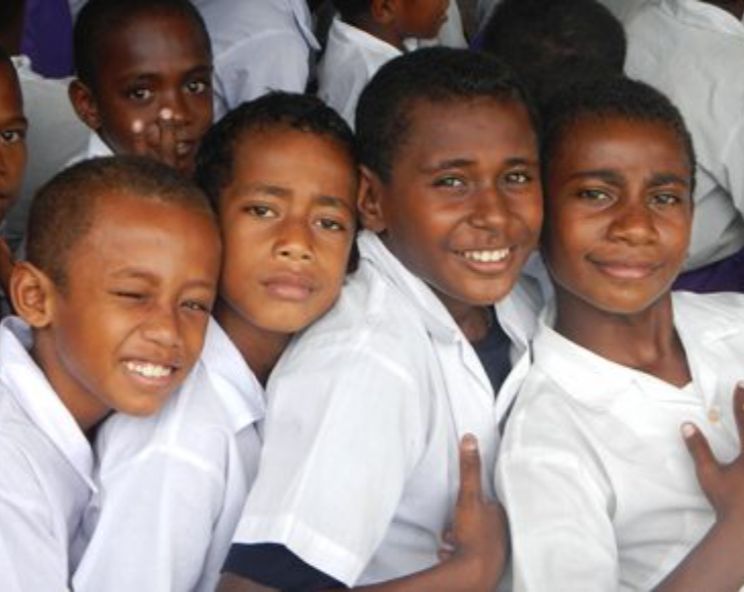
Oceania
Tourism economies…
Countries relying on commercial tourism are critically in need of English and bilingual resources.

South America
Conservation Challenges…
Destruction of fragile habitats for farming and ranching are environmental challenges.
List of Board Members & Representatives

Patricia Sullivan – President & Founder
With an Accounting background and positions as a CFO and Controller for several corporations, Pat has prepared throughout her career to lead IFED projects responsibly and manage the fiduciary responsibility. Her financial due diligence experience with mergers and acquisitions enables her to identify projects and partner NGOs, analyzing their financial and operating strengths and determining the needed resources and supplies that IFED can provide that will help them to successfully advance their objectives and missions.

Nadeen Green – Director of Education
Nadeen has worked for many years as Senior Counsel with United Advertising Publications, Inc. and is known through her teaching and writing of articles and blogs as Fair Housing Lady for the multifamily housing industry. When not keeping abreast of the important civil rights issues in housing, Nadeen works with international students through the Atlanta Ministry of International Students. She is the author of several children’s books, including the IFED-published Let There Be Dragons which is a bilingual story with an environmental message. Nadeen has served for many years as Director of Education with IFED and has traveled to a number of countries to both support the IFED efforts and to share her book and its message.

Gary Sullivan

Ned Cone – Editor in Chief & Treasurer
Ned retired in 2014 after a career in logistics. His retirement has provided the opportunity to expand his involvement with several organizations that relate to issues and topics that are of importance to him (such as food rescue on behalf of those with food insecurity and working with international college students to provide them with a better understanding of Americans and day-to-day American life). Ned has been a supporter of IFED from its inception, having recognized the need in many diverse locations around the globe for assistance with education to those children underserved and deserving. He is a long time Board member currently serving as IFED’s Treasurer.

Sherwin Kaplan – Global Project Advisor
Sherwin is a retired attorney who spent most of his professional career in Washington DC specializing in employee benefits law with the Department of Labor and in private practice. Prior to government service, he was a civil rights worker in Mississippi, Alabama and Chicago and spent several years as an attorney working with legal services for the poor programs. He was also a Peace Corps volunteer in Peru for two years. Throughout his adult life he has been a serious amateur photographer and a lover of travel, both of which have been put to good use as he now travels around the world with his wife, Patricia Sullivan, in support of IFED projects.

Kate Saracene

Rodrigo Tobar de la Fuente – Director of Graphic Design and Webmaster
Our environmental program was given “wings” when Rodrigo partnered with Nadeen Green, the author of our wonderful bilingual children’s environmental story – Let There Be Dragons – by envisioning and bringing our dragons to life through his colorful illustrations. Rodrigo has dedicated countless volunteer hours to creating a presence for IFED through our website and to documenting and coordinating our projects in Peru and Chile with our partner organizations.
